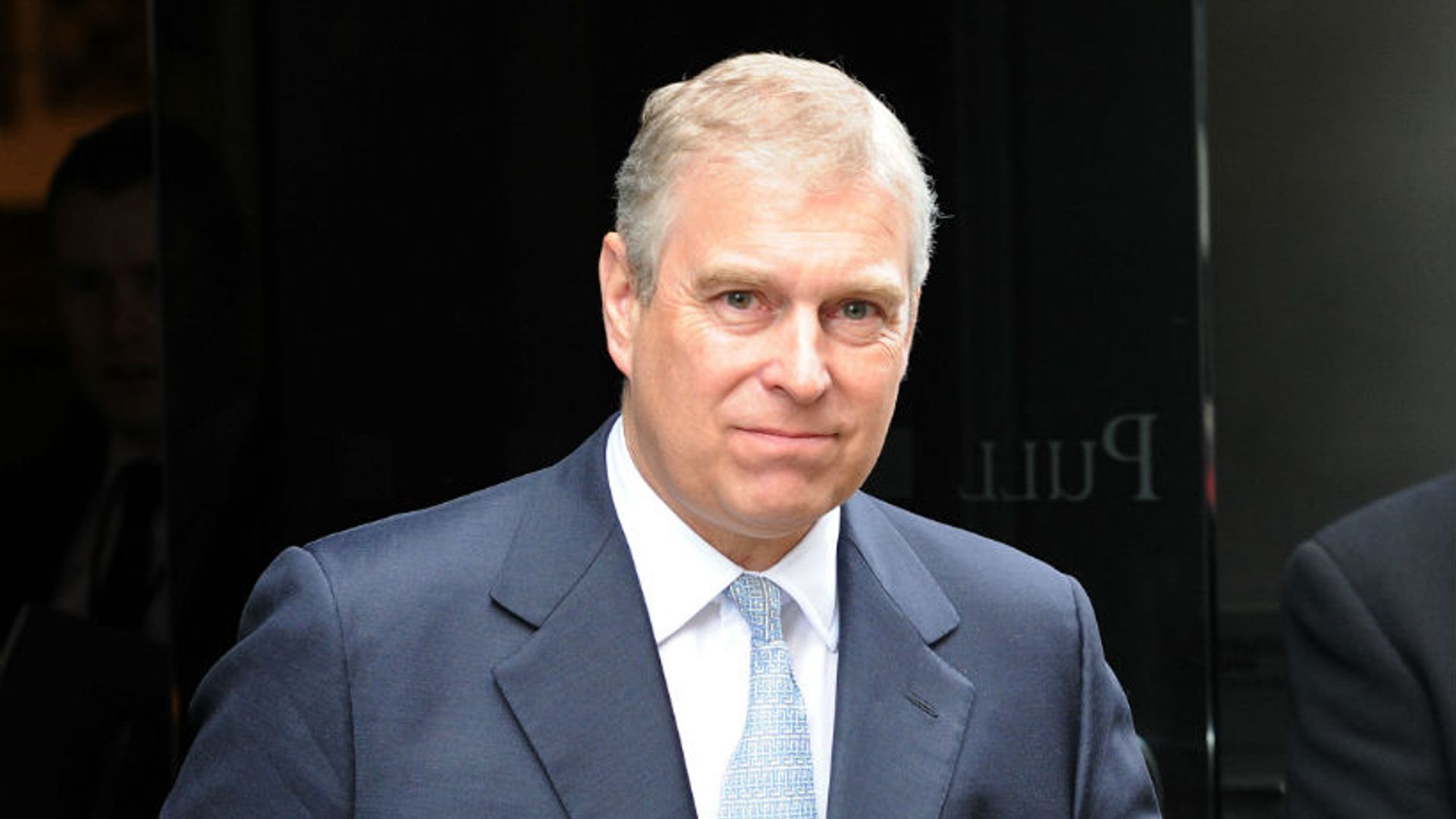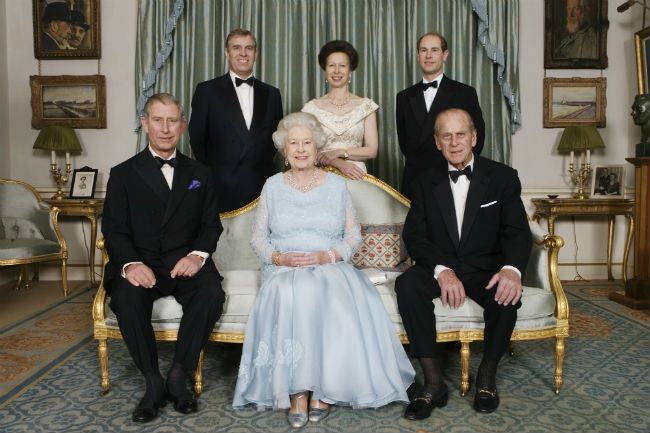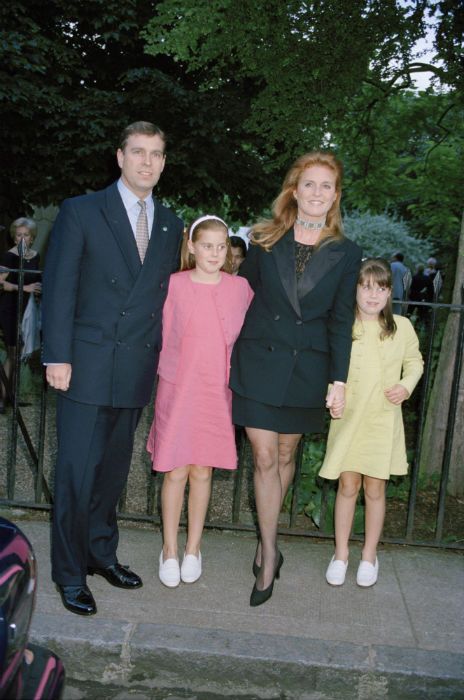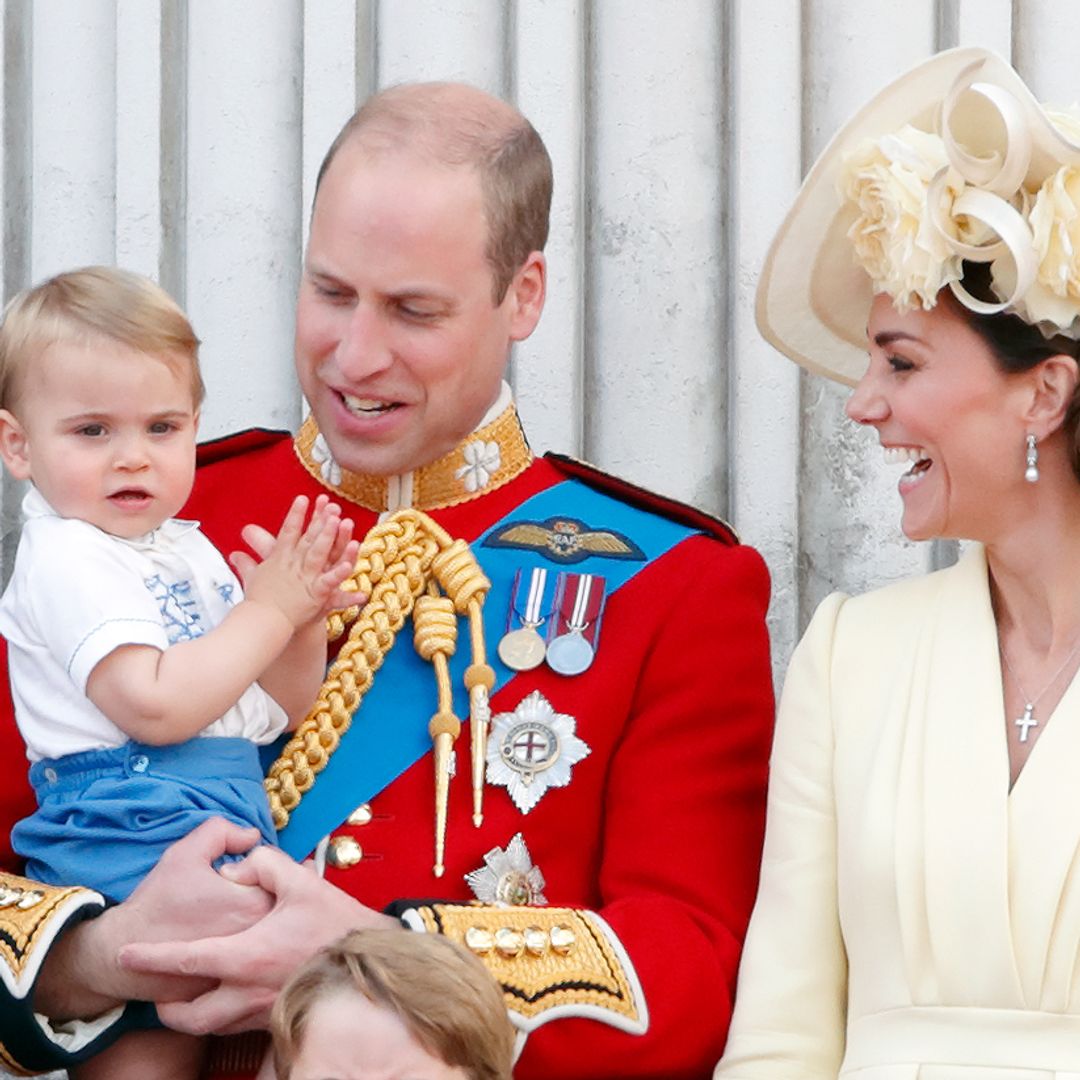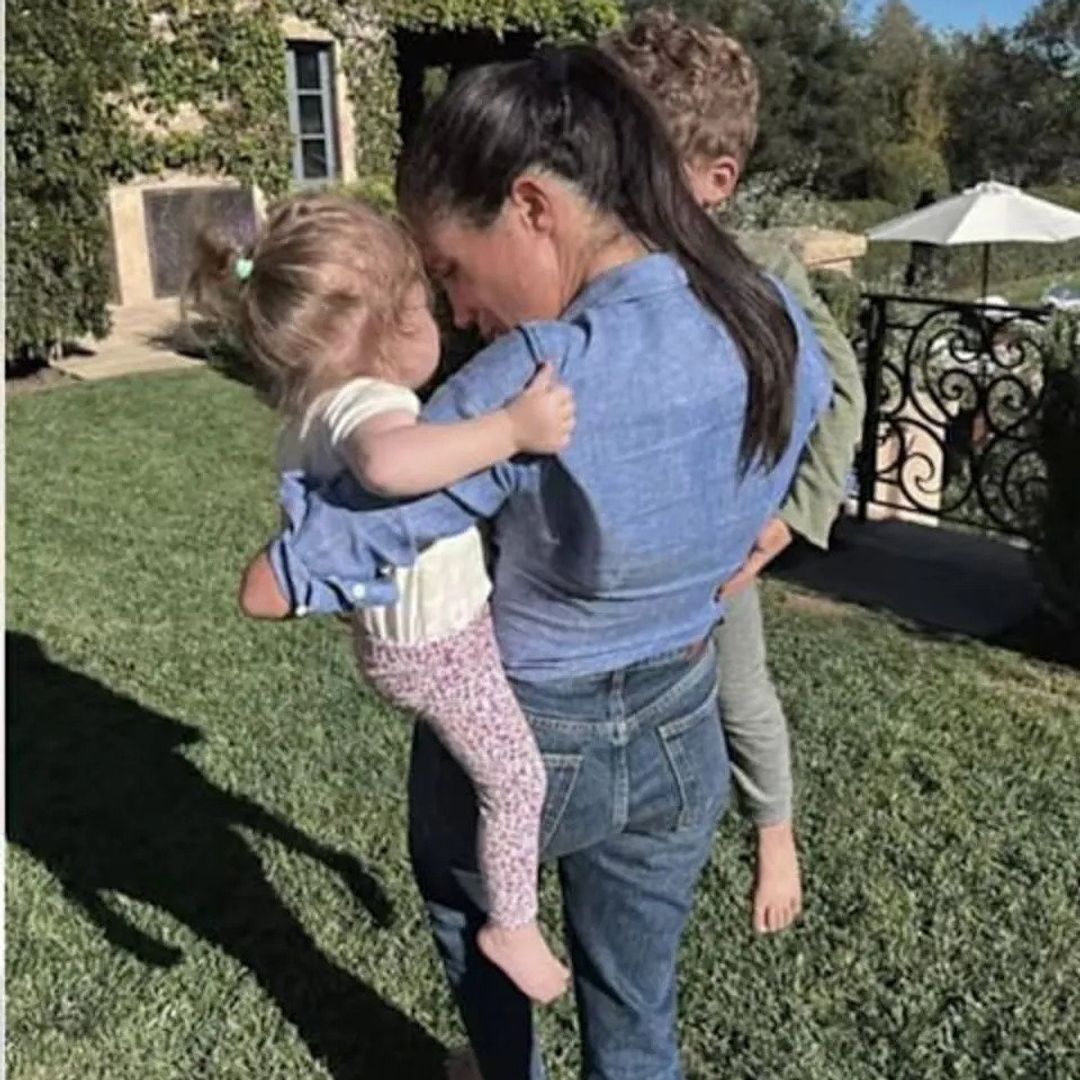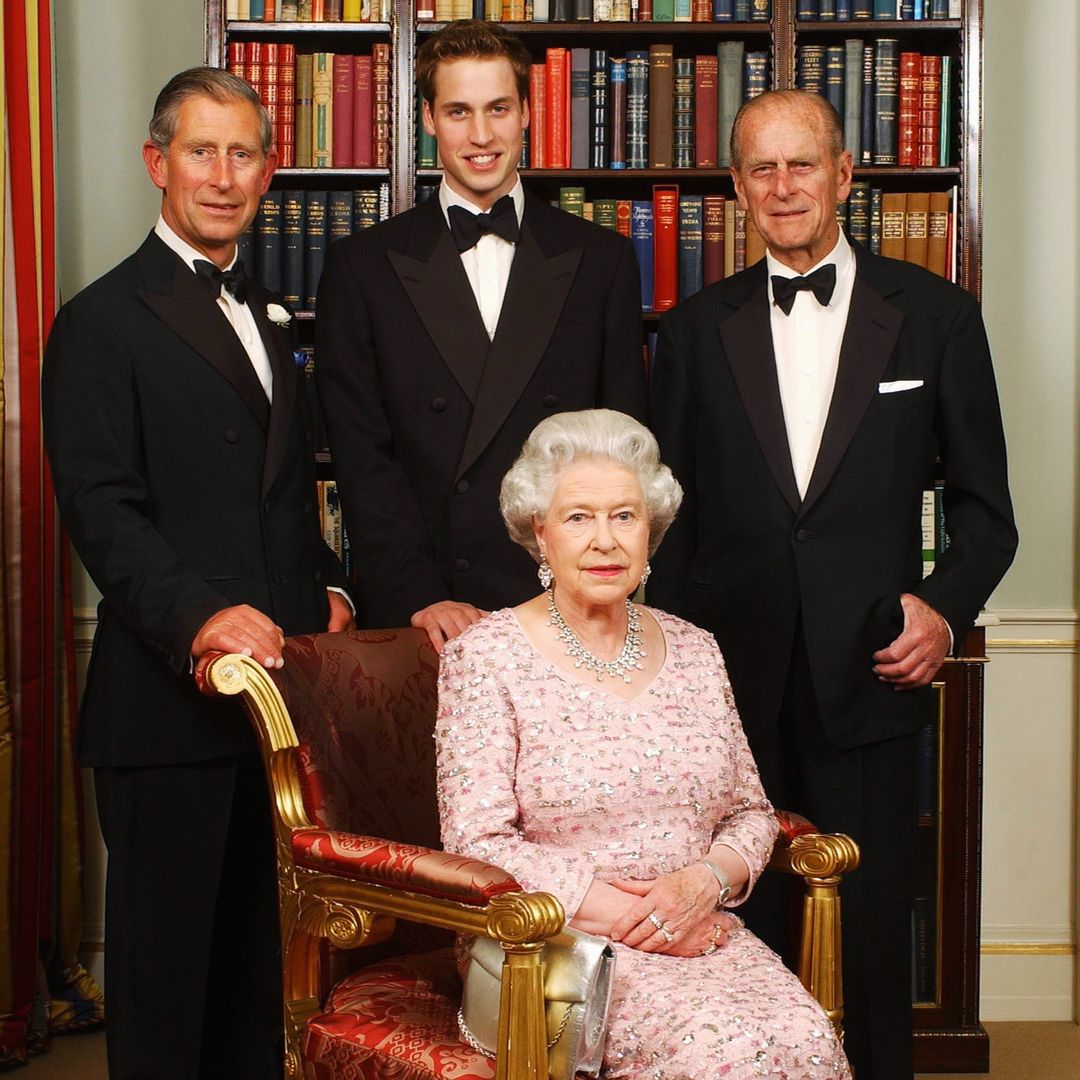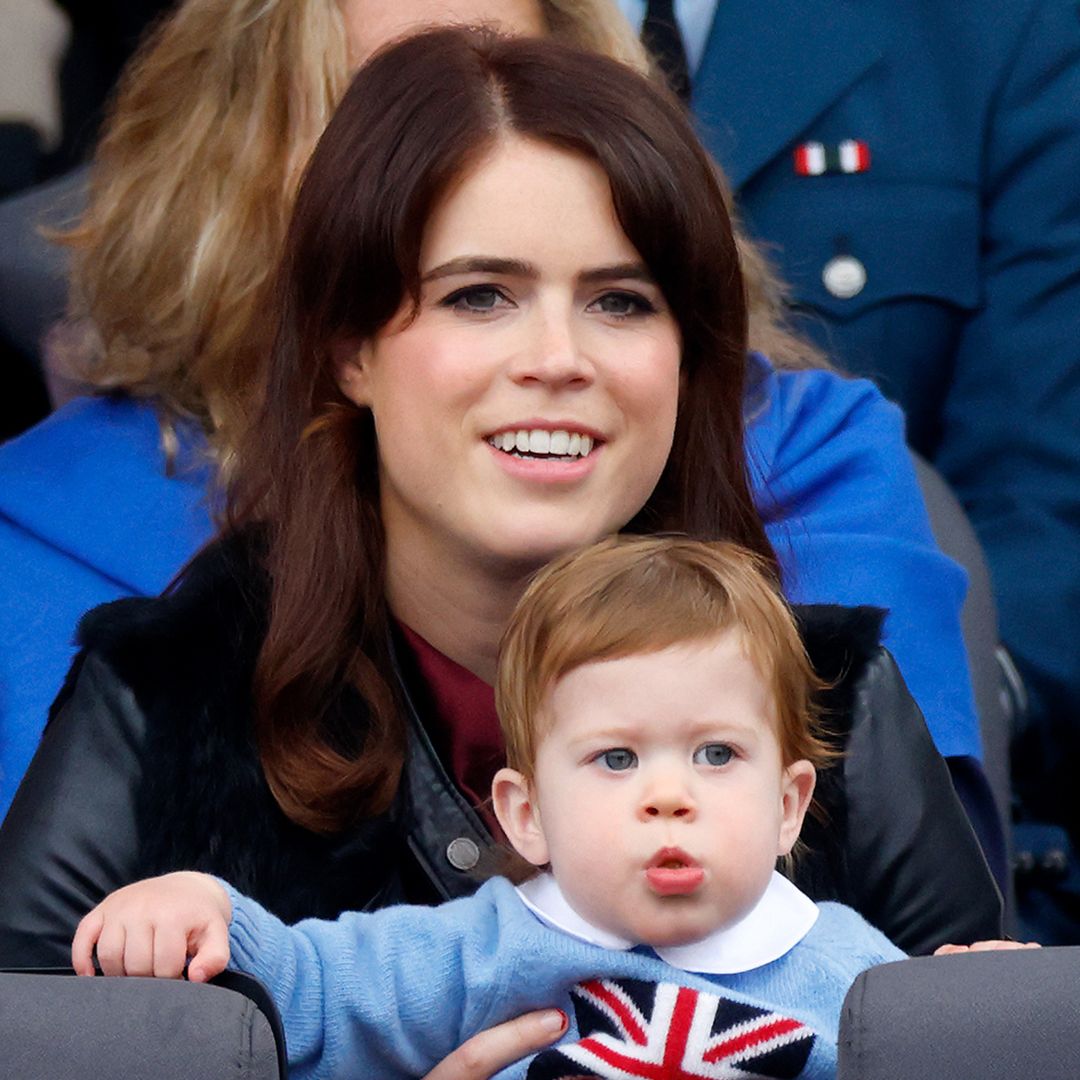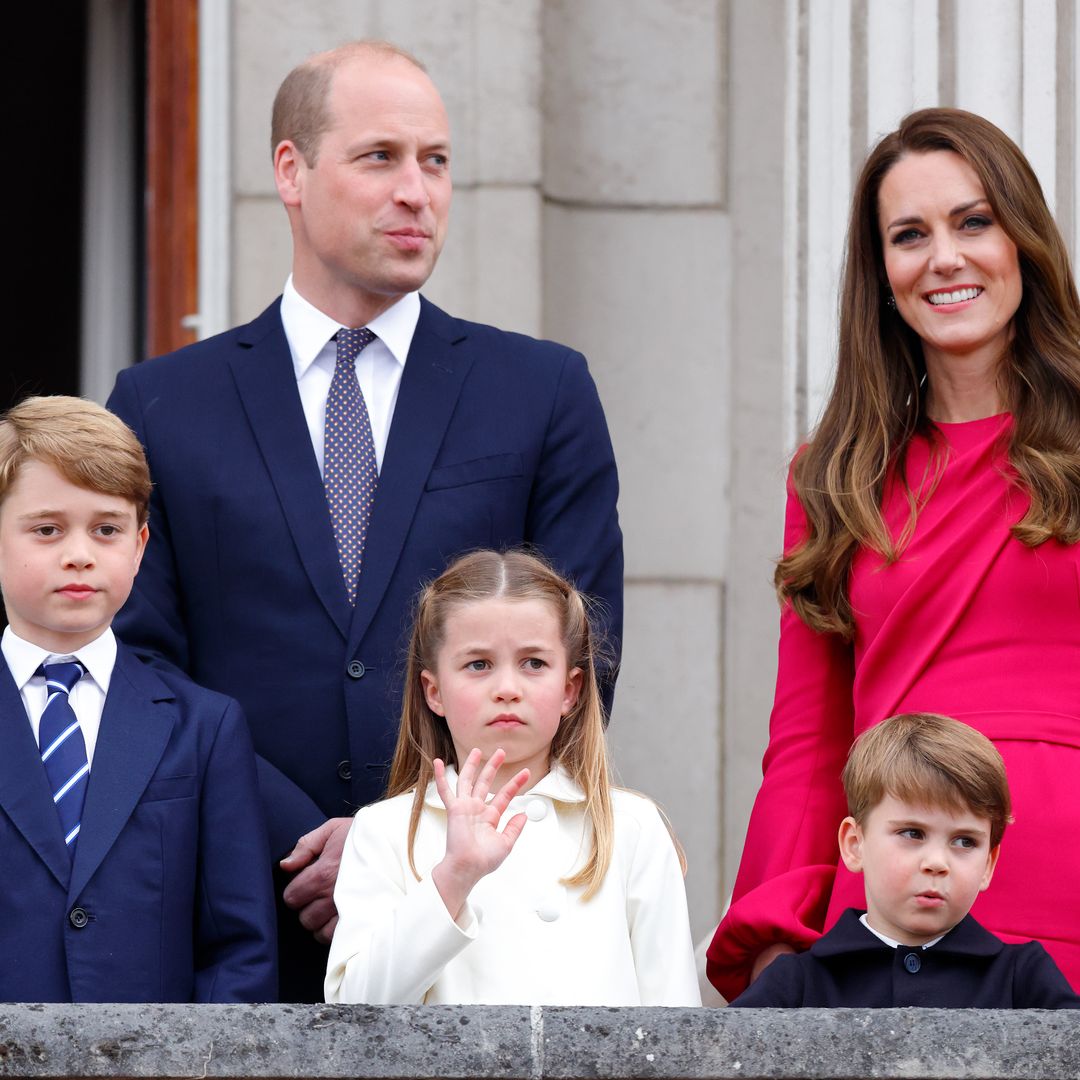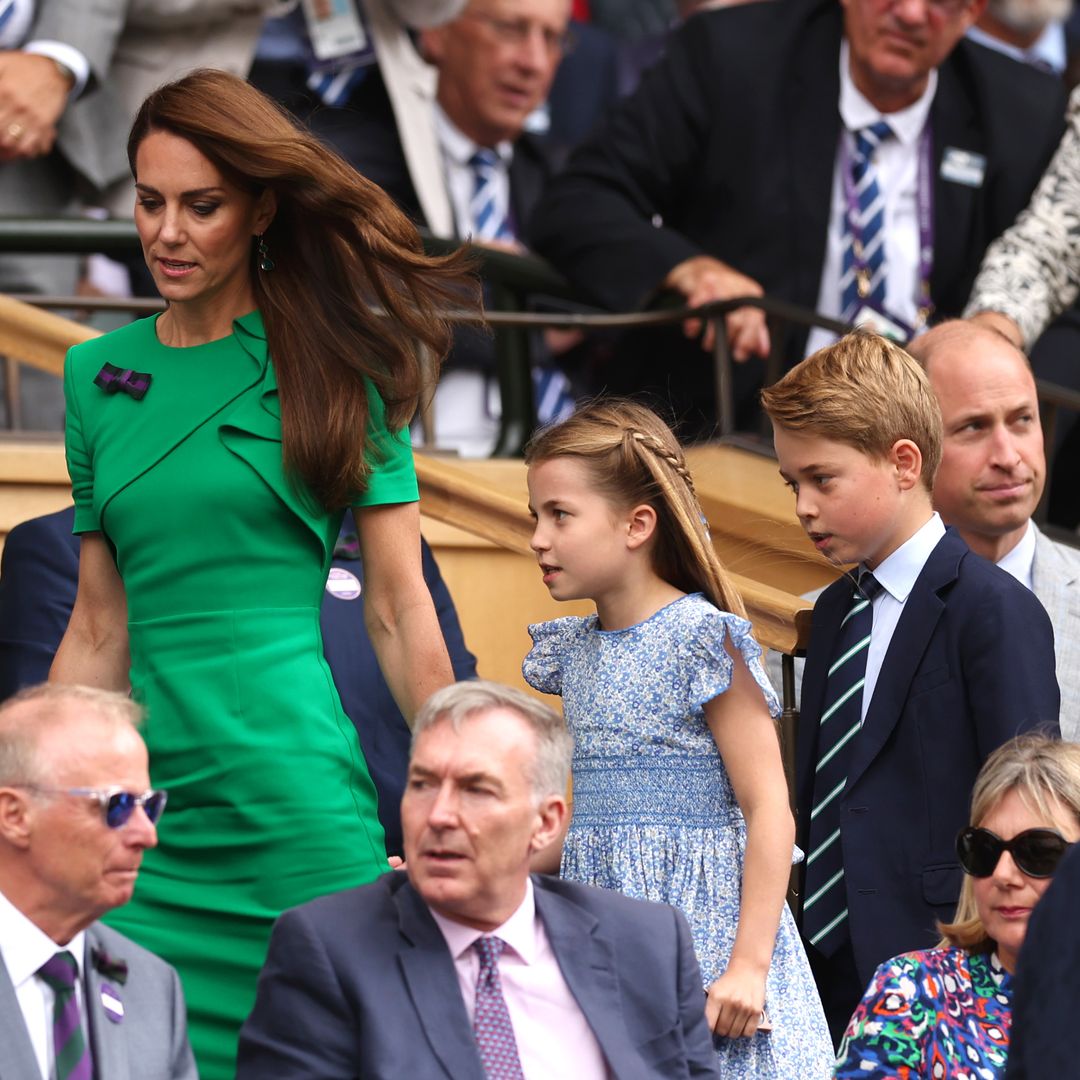The arrival of the third royal baby has meant something very significant for Prince Andrew, who until Monday was the sixth in line to the throne. Andrew, 58, will now be free to marry whoever he wants without getting permission from the Queen as his position falls to seventh-in-line. This is because the Royal Marriages Act 1772 currently states that the first six people in line of succession are required to abide by its rules, meaning that they can't marry without the consent of the reigning monarch. In recent times both Prince William and Prince Harry had to ask their grandmother's permission before getting engaged to their respective partners, the Duchess of Cambridge, and American actress Meghan Markle.
Prince Andrew is no longer required to get permission from the Queen if he were to marry again
Andrew was previously married to Sarah Ferguson, who he initially met when they were children, and met again years later at a party at Windsor Castle after being introduced to her by the late Princess Diana. The former couple tied the knot in 1986 before welcoming two daughters, Princess Beatrice in 1988, and Princess Eugenie in 1990. Although they divorced in 1996, Andrew and Sarah have maintained a close friendship, and often eat out together and unite at major family events.
RELATED: A close look at Sarah Ferguson and Prince Andrew's unusual relationship
Andrew was married to Sarah Ferguson from 1986 until 1996
RELATED: Kate and William's baby is already breaking records - and here's why!
It's not just Andrew who is affected by the arrival of the new royal baby. Princess Charlotte, at the tender age of two, is now making history to become the first female royal to benefit from the change of succession law. The law, which was updated ahead of Prince George's birth in 2013, means that Charlotte remains fourth-in-line to the throne, while her younger brother will be fifth-in-line. The decision was unanimously approved at a Commonwealth summit in Australia back in 2011, changing a 300-year rule. The old succession laws stated that the heir to the throne would be the firstborn son of the King or Queen, and the title would only pass to a daughter when there are no sons.
